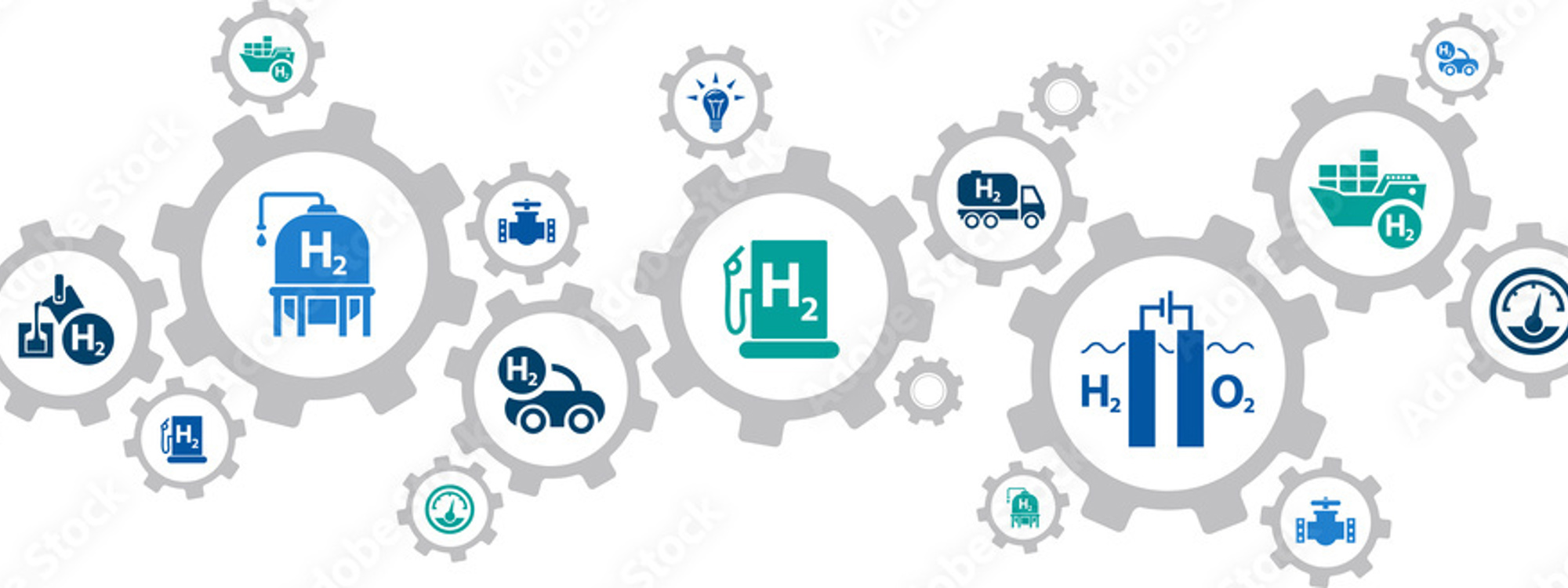
National Composites Centre announces call for expressions of interest in joint industry project on Permeability of Thermoplastic Composite Pipes for Hydrogen Distribution
The National Composites Centre (NCC) is launching a joint industry project (JIP) that focuses on the permeability of thermoplastic composite pipes (TCPs) for hydrogen distribution and optimal material selection for relevant applications.
It is projected that upstream distribution pipelines for hydrogen will grow significantly in the coming decades if plans for hydrogen production and end-use are realised. UK industrial clusters and initiatives are now developing a local hydrogen value chain, which will require the transportation and distribution of hydrogen within the region and between the hydrogen generation, storage and end-user infrastructures (e.g., Zero Carbon Humber, H100 Fife, H21 and Hynet North West)[i].
Spoolable TCPs offer a compelling alternative to steel pipes for connecting hydrogen production sites either directly with end users or into hydrogen transmission lines, as they are easier to deploy, offer lower potential total lifetime cost of expenditure (TOTEX), and avoid issues around embrittlement of steel. Hydrogen systems come with significant safety considerations that rely on detailed understanding of the performance of the system components. Minimal comparative hydrogen permeability data is currently available for TCPs which creates uncertainty around the performance of different composite materials in hydrogen pipe systems. Increased understanding of permeability performance is essential to unlock and de-risk wide-spread TCP adoption for hydrogen.
Commencing this year, the JIP will address the challenge of benchmarking permeability performance of pipe system designs for true comparison, through the manufacture of standardised pipe specimens and permeability measurements to build a liner & reinforcement material capability database. This can be used to inform pipe system comparisons, and ultimately enable viable system specification & cost-effective pipe design. The overarching project aspiration is to minimise material cost to meet permeability targets, which requires bespoke testing on every product, to an engineering variable that is addressed at the design stage. The industrially-representative pipe prototypes will be manufactured using Automated Tape Winding on a bespoke machine which is being procured by NCC especially for the JIP, and installed at the NCC in late 2023.
Matt Hocking, Head of Energy, National Composites Centre: “High performing transportation and storage of hydrogen is one of the technology barriers that needs to be overcome to guarantee containment and leak prevention. Measuring the permeability of hydrogen through thermoplastic composites is a key challenge that will be addressed in the project. We are interested in engaging with industry and the supply chain across energy, utilities and transportation sectors."
At the NCC, the cross-sector hydrogen team is working to minimise the barriers to deploying composite solutions through a programme of work that will help establish a robust supply chain in the UK. As part of this programme, the NCC is creating a clear path to design, manufacture and digitally certify hydrogen ready pipes and materials. The NCC is also developing a state-of-the-art manufacturing and test facility for hydrogen transportation and storage, for pressure vessels and pipes. With a pressure test system already in place, a Filament Winder and Thermoplastic Pipe Winder will be installed at the facility by the end of 2023.
Organisations interested in expressing an interest in joining the TCP for Hydrogen Permeability joint industry programme can email: [email protected]
[i] “Unlocking Opportunities for Composites within the Hydrogen Economy”, E4tech, April 2023, https://www.e4tech.com/news/2083-unlocking-opportunities-for-composites-within-the-hydrogen-economy.php, [accessed 16/06/2023]
